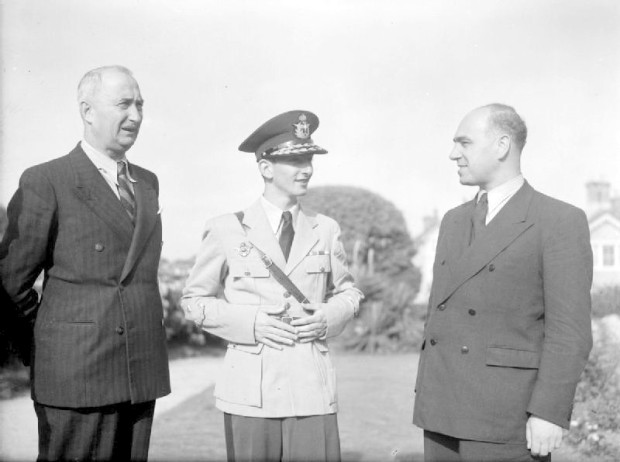
This article originally appeared at RTS, translated from Serbian by Slavko Kovačević
The last Yugoslav king, Peter II Karađorđević was rehabilitated after the higher court found the king was a victim of persecution and violence for political purposes.
The decision to rehabilitate the king was made on the 10th of July, but the verdict came into effect on the 22th of August.
Peter II Karađorđević was the last Karađorđević who was denied his civil rights and property.
The higher court in Belgrade previously rehabilitated his mother, Maria of Yugoslavia, and his son Alexander, Crown Prince of Yugoslavia, and the children of prince Paul – princess Elizabeth and the deceased Nicholas Karađorđević.
In the report of the higher court in Belgrade it is specified that Peter II Karađorđević was rehabilitated by the force of law, and that the decree of the Presidio of the People’s Assembly of the Federal People’s Republic of Yugoslavia from 8th of March 1947, which stripped the king of citizenship and confiscated his property is no longer valid.
By adopting the decision, the court determined that Peter II Karađorđević was the victim of persecution, violence and ideological bigotry, to which the power of the day subjected “misfit persons”, revealing its authoritarian nature and its need to impose the ideology of its leading class.
It is later stated that, with the decree from 1947, King Peter II was deprived of his basic human rights, like right to citizenship, right to vote and right to have property.
The court reminds that these are the rights and freedoms guaranteed by international conventions and declarations, international acts of freedom and rights which are adopted by the Republic of Serbia.
Peter II Karađorđević was born in Belgrade, on the 6th of September 1923. He died in Denver, Colorado on the 3rd of November 1970.
He was on the Yugoslav throne formally from 1934 to 1945.
He was the oldest of three sons of the late King Alexander I and Queen Maria. He was 11 when he became king after his father assassination, and only 21 when he was overthrown.
Because he was just a child when King Alexander was murdered in 1934, a governorship took charge, chosen by King Alexander himself in his will.
At the top of the governorship was governor prince Paul Karađorđević, and the members were Ivo Perović and Radenko Stanković.
By the agreement of Tito and Ivan Subašić, ratified in June of 1944, the king passed his authority to the tripartite governorship in March of 1945.
The governorship announced elections for a Constituent Assembly on the 11th of November 1945, and that body declared a republic and abolished the monarchy on the 29th of November 1945.
The king was officially overthrown.



